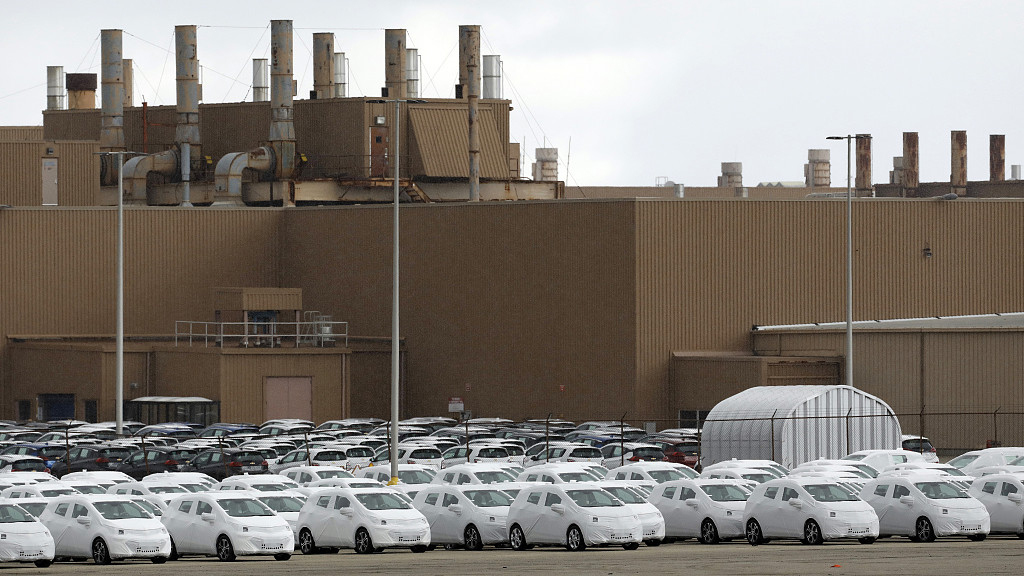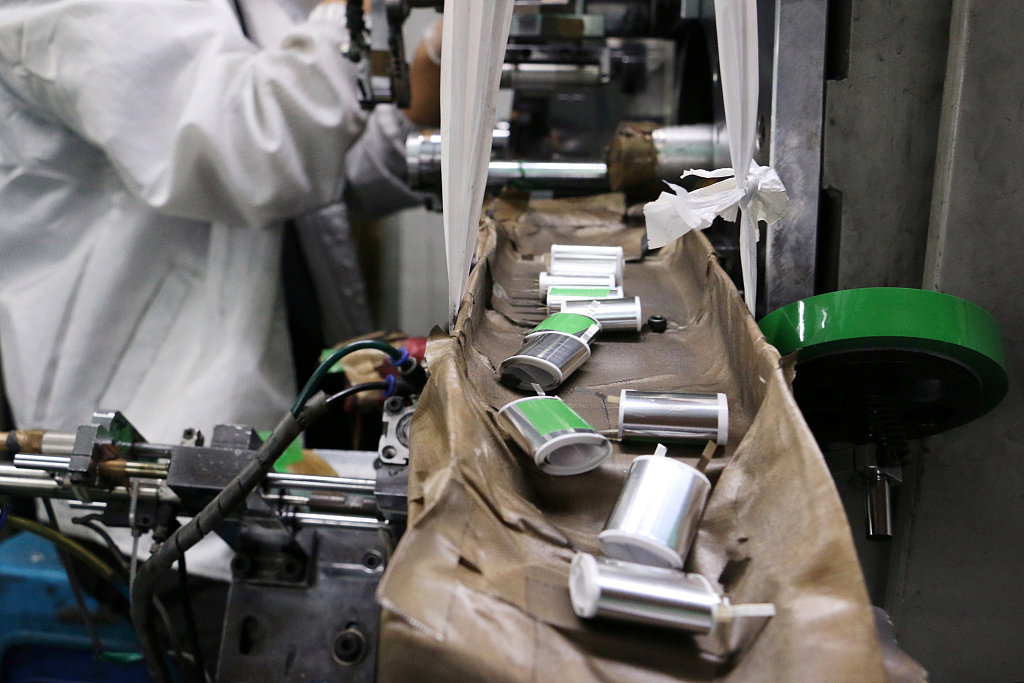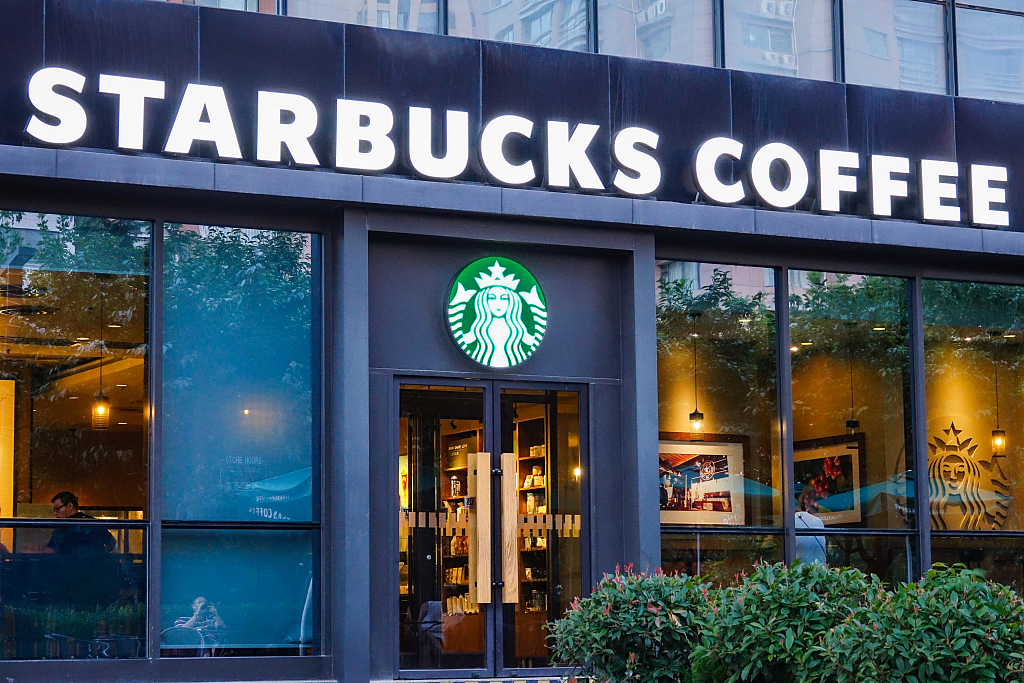

Editor's note: Zhao Yuanzhen is an opinion editor with CGTN Digital. The article reflects the author's opinions and not necessarily the views of CGTN.
American investors and businessmen would agree that a lasting trade war is the enemy of the U.S. economy.
The U.S. Fed is expected to cut rates by a quarter point in September to boost sluggish investment. But looking at historical standards, the rates are already relatively low. Investment is down because of the painful uncertainty that the China-U.S. trade standoff poses. That's the root problem, which was made worse by President Donald Trump when he ordered U.S. companies to leave China.
Trump made his confrontational attitude towards China even clearer when he tweeted that America doesn't need China and would be "better off" without it. He also ordered American companies to "immediately start looking for an alternative to China." But will they leave, and can they afford it?
One of the facts that may hurt Trump is that while tariffs have been slapped on Chinese goods repeatedly since last year, his initial plan to revive U.S. manufacturing has basically failed. Yes, some factories have left China under current levies... but to Southeast Asian countries not to the U.S.

Lithium ion batteries are seen on a production line inside a factory in Dongguan, Guangdong Province, China, October 16, 2018. /VCG Photo
The choice to move is already a hard one: it would take years to have the same level of infrastructure, a new logistics system and skilled workers. Despite rising wages, China's mature infrastructure system and high-quality labor are still attractive for U.S. businesses. The punishing cost to change long-term cooperation they've established with supply companies and buyers may be unbearable to some small- and medium-sized companies.
Even if some American companies relocate their supply chains, China’s growing middle class and consumer market cannot be overlooked. The sales volume for American companies in China increased from 106 billion U.S. dollars in 2009 to 291 billion in 2015. They are without doubt the biggest winners from China's growing economy and market for the past 40 years.
Although the Chinese economy has shown signs of slowing down, the U.S. business community is still optimistic about China's long-term development. "The market in China, I’m so bullish on it for the long-term," Kevin Johnson, chief executive officer at Starbucks told Bloomberg while discussing the strong growth the coffee chain delivered in the second quarter. "The results in China were phenomenal."

A Starbucks Coffee store in Qingdao, China. /VCG Photo
According to estimates, China's middle class is larger than the U.S. population and still growing strong. In 2018, consumption contributed to 76.2 percent of China’s economic growth. In 15 years, China is expected to become the largest consumption country in the world. To abandon that opportunity is to give up the possibility of making profits.
The first five months of 2019 saw foreign investment from Germany, South Korea, and Japan growing 100.8, 88.1 and 18.9 percent respectively. With China adopting its new Foreign Investment Law to create a more favorable environment for foreign businesses, the market that Trump wishes U.S. companies would exit will be buzzing with enterprises from other countries.
Trump perhaps could abuse the national security excuse once again to force American companies to leave, but by doing so he's hurting the U.S. business community and backlash is very likely. What's more unbearable for American companies now is perhaps not tariffs but Trump's flip-flops on the trade negotiations, which makes U.S. businesses more hesitant than ever to make long-term decisions.
In the meantime, the U.S. yield curve keeps inverting to a worrying level: the gap between two-year Treasury notes and 10-year government bonds has reached the highest since 2007. Although an inverted yield curve does not always mean an economic recession, it clearly reflects investors' decreasing confidence in the short-term market. As Trump keeps pressuring American companies to decouple from China, they are finding themselves caught between a rock and a hard place.
(If you want to contribute and have specific expertise, please contact us at opinions@cgtn.com)

Copyright © 2018 CGTN. Beijing ICP prepared NO.16065310-3
Copyright © 2018 CGTN. Beijing ICP prepared NO.16065310-3